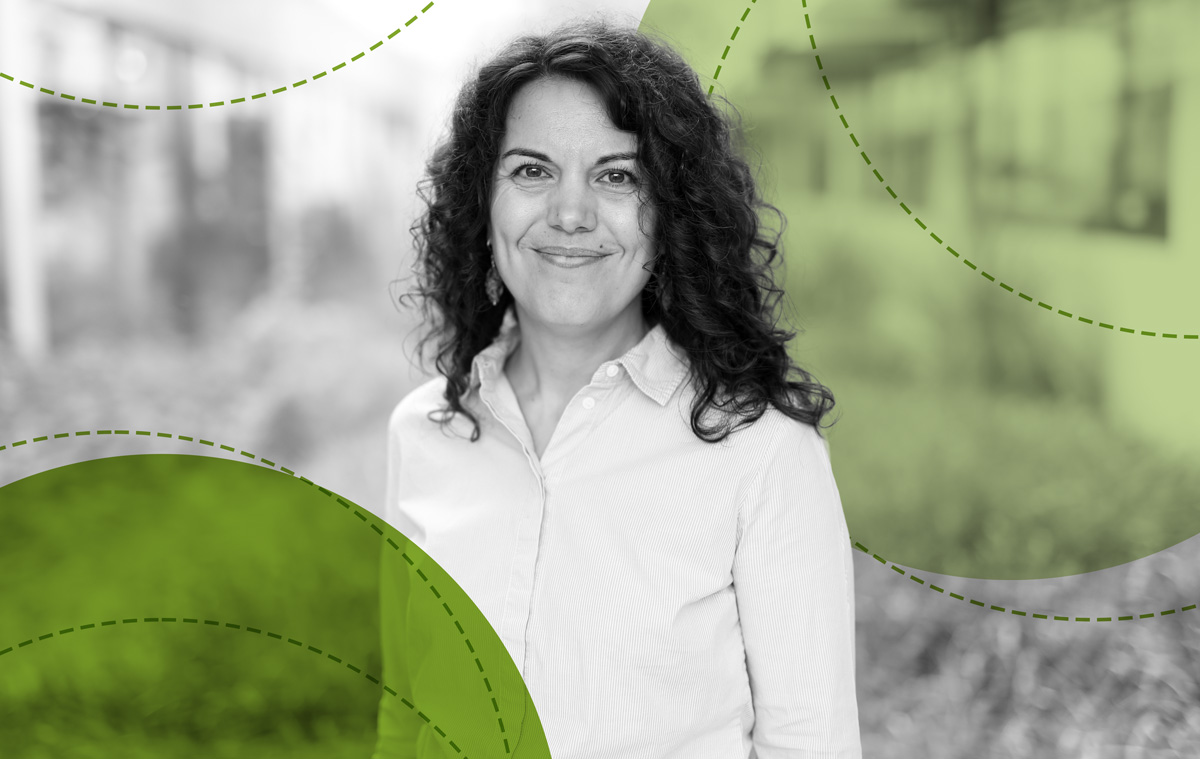An enthusiastic high school teacher introduced Sophie Giguere to the “arms race” between a virus and the human body’s immune system, and she immediately fell in love with immunology.
“You learn about viruses and think ‘how does anything ever defeat a virus?’,” Giguere says. “Then you learn the complexity of the immune system and think ‘how does anything defeat the immune system?’ It is such a balanced competition and also such a dynamic system.”
Giguere’s undergraduate degree at Princeton in the United States included a placement at the University of Edinburgh in Scotland. She returned to the Scottish capital for a Masters in bioinformatics before returning home for a PhD at the Harvard Medical School. “While doing the PhD, in the back of my mind the whole time was that I loved living in the UK and should go back,” she says. “Scotland was the first place I looked for a postdoc.”
With additional support from the University of Edinburgh, Giguere applied for an EMBO Postdoctoral Fellowship. “I was quite familiar with this EMBO programme. It is very science-oriented and not about how much money you will create, or business, or scientific industry,” she says. “It is very much pure research. My experience with the Fellowship has been great and I am definitely planning on attending the EMBO lab leadership course.”
She says the process of writing her Fellowship application helped her focus on the essentials of her project. “For me it was useful because it put the guardrails in place ahead of time and has helped me stop flying off sideways in different directions,” she says.
Giguere studies post transcriptional regulation of gene expression which she describes as the ‘black box of things happening at the protein production level’.
“When cells are infected by a virus, most cells will just shut down all their protein production to prevent the virus from using the cell’s own machinery to spread,” she says. “At the same time, these cells are also making a very specific subset of proteins that can directly counter the virus or alert the immune system.”
Giguere is examining whether this process involves specific adaptations within the translational protein production machinery, and specifically the interaction between tRNA and ribosomes.
“It is a field that is really opening up,” she says. “There is always more regulationand more complexity than we think. That is what I really liked about immunology!”
Giguere hopes that in the next five years she will be able to start her own research group in the UK examining “all things about translational regulation and immune responses”.



